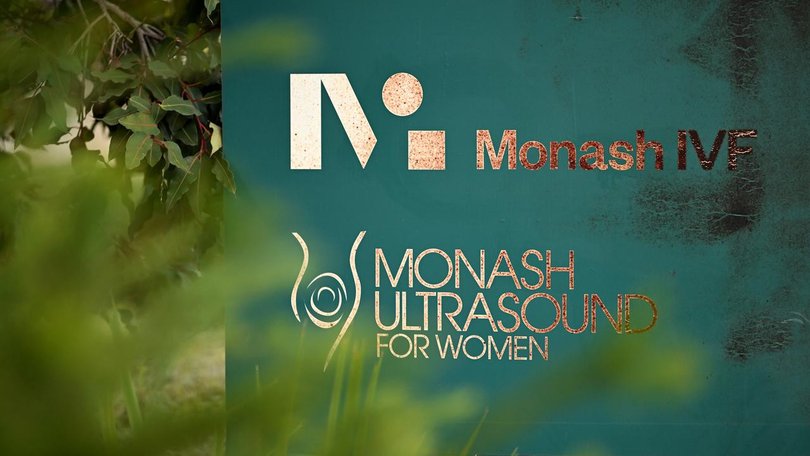Victoria imposes licence conditions on Monash IVF clinics after embryo bungle
A state watchdog has slapped a major IVF clinic with conditions for it to continue operating, after a patient was mistakenly implanted with her own embryo.

Licence conditions have been placed on an IVF giant’s clinics in one state following bungles that sparked nationwide debate.
A patient at a Monash IVF laboratory in Melbourne’s southeast was implanted with her own embryo on June 5 rather than one from her partner, as requested.
The company later blamed human error and IT limitations for the incident.
Sign up to The Nightly's newsletters.
Get the first look at the digital newspaper, curated daily stories and breaking headlines delivered to your inbox.
By continuing you agree to our Terms and Privacy Policy.The mix-up has triggered Victoria’s health regulator to impose conditions on the registrations of its clinics across the state from Friday following an investigation.
The conditions won’t be removed until the watchdog is confident Monash IVF has met its compliance obligations.
“Families should have confidence that the assisted reproductive treatment they are receiving is done to the highest standard,” a state government spokesperson said on Friday.
“It is clear Monash IVF failed to deliver that.”
In a statement to the Australian Securities Exchange, Monash IVF said the conditions involved possesses to confirm the intended biological sources for each cycle.
They also relate to the company’s patient management system, witnessing and checking requirements and record keeping, as well as staff education and training, periodic auditing and reporting to the department.
In April, Monash IVF also revealed a woman at a Brisbane facility had another patient’s embryo incorrectly implanted in 2023 because of human error.
It meant the woman gave birth to a stranger’s baby.
The two bungles sparked an independent review headed by leading barrister Fiona McLeod, which has since been completed but its full contents undisclosed.
Process changes required under the Victorian conditions have already been implemented following the review and an internal investigation, the company said.
Monash IVF said it doesn’t expect the conditions to have a material impact on its existing operations or its November 20 earnings guidance to shareholders.
“The company will continue to prioritise the care and safety of its patients and will keep ASX informed of any material developments in accordance with its disclosure obligations,” the company said.
About 20,000 babies conceived by IVF are born in Australia each year, according to the Australian and New Zealand assisted reproduction database.
It represents about one in 18 children, rising to one in 10 for those born to mothers aged 35 and older.
